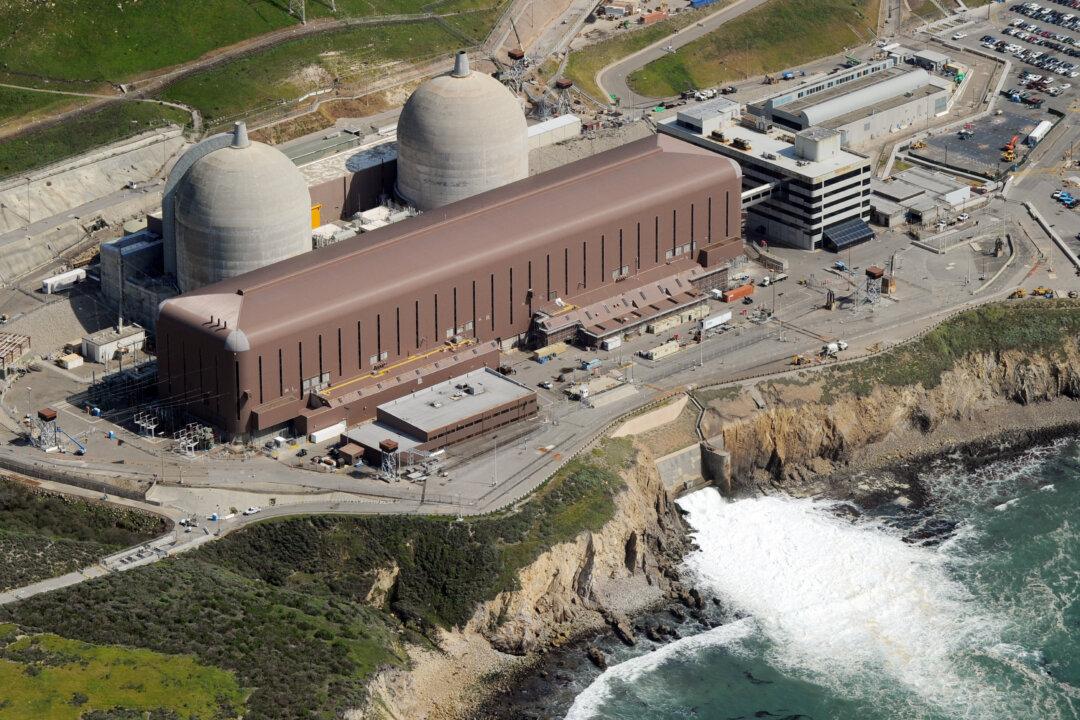In 1980, the United States produced and processed 90 percent of the uranium used by 251 nuclear power plants that generated 11 percent of the country’s electricity.
In 2021, only 5 percent of the uranium used by the 55 nuclear power plants operating the country—which now generates nearly 20 percent of the nation’s electricity—was produced domestically.





